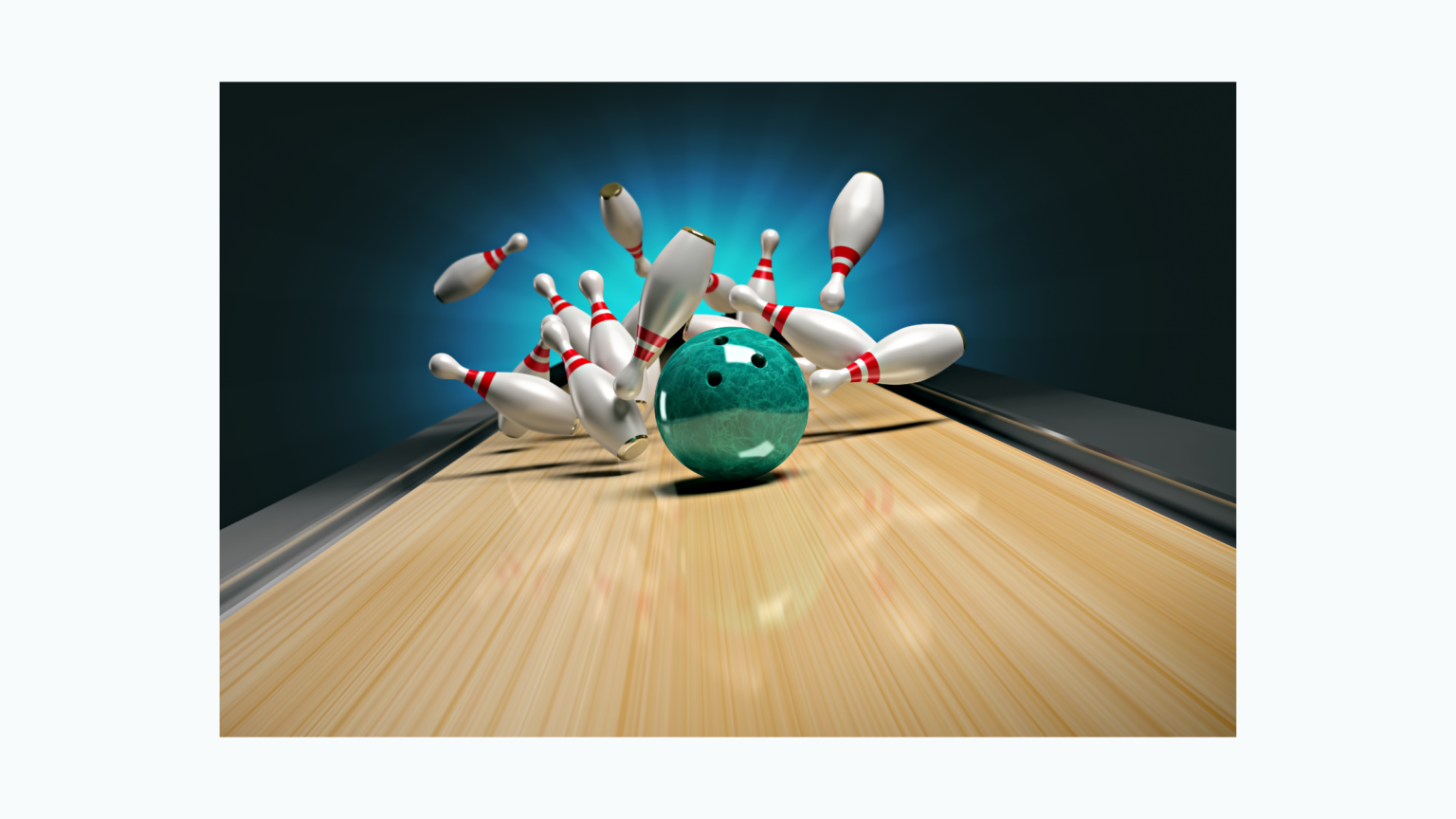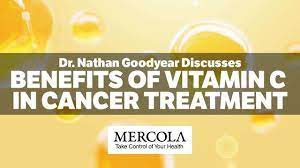
Vitamin C the Cancer Cell Killer
Vitamin C, the cancer killer and an informational article that is not meant for everyone. It is for those with an open mind. It is for those of you who are willing to step out of the box and educate yourself.
Very important note: Regarding holistic oncology, is that the earlier you start this kind of treatment, the better. Most patients who seek alternative strategies have already done tremendous damage to their bodies with one or more rounds of chemo, which damages the immune system which in turn makes natural remedies less capable of achieving complete healing. |
You’ve always heard about vitamin C and its antioxidant properties. But have you heard about its pro-oxidant capabilities? Vitamin C, taken orally or through IV (the intravenous route) does wonders for general health support, however in higher doses, it becomes a pro-oxidant that actually enables it to be appropriately called the cancer cell killer in addition to significant antiviral and antibacterial effects. However, you should also know that traditional chemotherapy can significantly reduce the efficacy of a holistic approach to cancer treatment.
Introducing Dr Nathan Goodyear
Dr. Nathan Goodyear started out as a gynecologist and pelvic floor surgeon. Like most doctors who tend to think “out of the box” he noticed that a significant amount of his medical training did not work. Then, in 2006, he developed a rare type of tumor (pheochromocytoma) that develops in the adrenal gland, causing it to excrete high amounts of norepinephrine, which in turn causes extremely high blood pressure and heart rate.
That experience pushed him to make the transition into the field of cancer. The last five and a half years, he’s been working with Brio-Medical, a holistic cancer clinic in Scottsdale, Arizona, of which the last six months he has served as medical director. He works with four other physicians—two medical doctors and two naturopathic physicians.

“The conventional approach seems to follow the logic ‘destroy to heal,’ and I just don’t know where that really occurs in nature outside conventional cancer treatment. Healing has to be your focus and goal to achieve healing. You have to heal to heal. Our healing strategy focus in cancer is to tap into the body’s designed capacity to heal itself through the targeting of the root causes,” Goodyear says.
Holistic Medicine: A well Formed Methodology

“When you look at holistic natural therapies, there’s this assumption by many, including conventional medicine, that we are just throwing darts up on the wall and hope they stick. But the opposite is true.
“But in actuality, a well-formed holistic methodology adheres to the methods and rules observed from several areas of science including:
- gene based science (genomics),
- gene activation science (epigenomic),
- messenger RNA expression (transcriptomics),
- metabolism relation to cancer (metabolomics), and relevant changes to the immune system (immunomodulomics).
A natural holistic or integrative perspective of the oncological discipline is incredibly specific and targeted for the dysfunction expressed by cancer. This appropriately enables high dose vitamin C to be called the cancer cell killer.
A well-formed (research) methodology is both “the collection of methods or rules” you apply to your research, as well as the “principles, theories, and values” that support your research approach. Simply put, a research paper’s methodology section must shed light on how you were able to collect or generate your research data and demonstrate how you analyze them (SHU Library, 2020).
The battle of Vitamin C
The story of vitamin C demonstrates how the healthcare industry treats alternatives due to the lack of financial incentives, poorly designed studies and the tendency for the press to publicize such failures for ‘clicks’ rather than inform.
Roughly 50 years ago, Linus Pauling demonstrated that intravenous vitamin C (10 grams a day for 10 days) improved cancer survival. Today, you can find hundreds of studies that confirm this fact.
However, as part of this historic battle you can find many contradictory, poorly formed studies. And as is often the case, the devil is in the details. If you limit your information source to legacy news and tech you’ll never hear the truth of the matter.
Case in point, subsequent to this finding, researchers at the Mayo Clinic tried to reproduce the results, but didn’t use IV vitamin C. [i]They instead gave 10 grams orally and found no benefit. This is a typical method used to invalidate a study since the study design and assumptions were different. These details are always lost and only the headlines make the news.
In the academic battle that followed, Mayo won and for the next several decades, the conventional thought was that vitamin C doesn’t work. That began to change around 2000, when Dr. Ping Chen, a conventional oncologist started looking into vitamin C and published papers on its pharmacokinetics.
Fortunately, a growing number of recent and rigorous preclinical studies have begun resolving this skepticism ultimately leading to a definitive answer to the question: can the pharmacological administration of vitamin C (ascorbate) benefit cancer patients? There is now growing research that points to vitamin C’s being as powerful as any drug.
Industry Disdain for Vitamin C
Vitamin C does have drug-like effects. Dr. Nathan Goodyear said, “…I like to refer to it as a pharmaco-mimetic, but it’s still a natural biological molecule that cannot be patented, and hence cannot be a drug.” [i]Also, to be clear, there are distinct differences between whole food vitamin C and ascorbic acid.
They really have two very different purposes. Whole food vitamin C is not suitable for the treatment of cancer, but does wonders for general health support, as it interacts favorably with copper and iron in your cells and mitochondria. I only recommend and use high-dose IV vitamin C in cases of acute infection or illness, as it does have very potent “drug-like” effects.
[i] https://www.theepochtimes.com/health/the-benefits-of-vitamin-c-in-cancer-treatment_5244645.html
Goodyear adds:
“It’s actually inducing metabolic changes and epigenetics. That’s the great thing about natural therapies. Conventional medicine will take an approach to kind of throw a monkey wrench in to the body’s physiology to shut everything down … without a holistic perspective of how that affects the whole body. It’s a very compartmentalized approach. A holistic approach is like a pebble thrown into a calm pool in the morning. Its effects ripple throughout the physiology of the body. That is the beauty of natural therapies.
Now in cancer and sepsis … when we’re dealing with the major dysfunction found in cancer, where things have metabolically, genetically, immunologically gone off the rails, we have to come in and really work to turn the tide. That’s where the intravenous vitamin C delivery is required. That’s where the sodium ascorbate comes in, because that’s the only way we’re going to be able to change that tide.
The Impact of High Dose Vitamin C
Vitamin C directly impacts the metabolism of cancer on multiple fronts generally classified into the following areas:
- gene based science (genomics),
- gene activation science (epigenomic),
- messenger RNA expression (transcriptomics),
- metabolism relation to cancer (metabolomics), and relevant changes to the immune system (immunomodulomics).

So, to say that vitamin C is killing cancer cells far too simple. It’s like saying a diet helps you lose weight, but it’s the details that actually explain why and how this works. Vitamin C works to change the metabolism of the cancer.
It starves the cancer cells by depleting the body of “reduced glutathione” which kills the cancer cells by preventing them from utilizing sugar which it requires for energy. It also depletes [the cancer] of its ability to detoxify.
The elimination of reduced glutathione affects its metabolism to prevent it from handling the high oxidative stress that this pro-oxidative vitamin C therapy induces. This second pathology also kills the cancer cells.
This is the paradigm changer with vitamin C. The introduction of a pro-oxidative effect, a detoxification crisis results in an energy crisis in cancer cells, and healthy cells do just fine.” It is a complimentary method which does not impact healthy cells.


